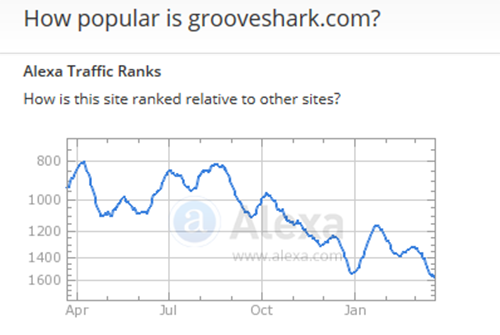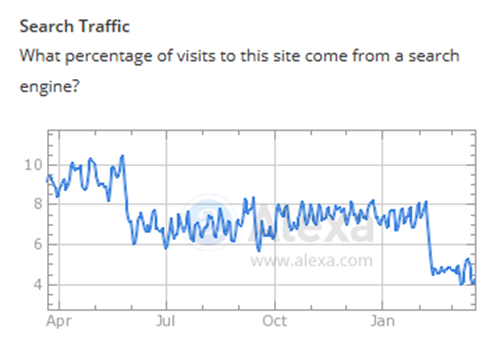Perfect 10 Ordered to Pay Giganews $5.6m After Failed Copyright Battle
mercredi 25 mars 2015 à 15:35 Adult publisher Perfect 10 has developed a reputation for making a business out of suing Internet services for alleged copyright infringement.
Adult publisher Perfect 10 has developed a reputation for making a business out of suing Internet services for alleged copyright infringement.
In recent years the company has targeted Google, Amazon, MasterCard and Visa, RapidShare and Depositfiles, plus hosting providers LeaseWeb and OVH.
Perfect 10 has secured private settlements from several of these companies but has never succeeded in a contested court case. The company hoped that a new suit against Usenet provider Giganews would provide a much-needed victory, but the whole thing has turned into a disaster.
In November 2014 a ruling from the U.S. District Court for the Central District of California found that Giganews was not liable for the infringing activities of its users and last month Perfect 10 was roundly criticized for multiple failings by the same Court.
“Perfect 10 failed to produce any evidence supporting its claim of direct
infringement,” the Judge wrote, adding that it also “failed to produce any evidence supporting its claim of indirect infringement.”
While that was a particularly poor way to lose a case, a punishing costs ruling handed down yesterday rubbed salt into Perfect 10’s wounds. The United States District Court for the Central District of California ordered the publisher to pay Giganews $5.6m in attorney’s fees and costs.
Outlining his perception of Perfect 10’s business model, Judge Andre Birotte Jr said that the company hadn’t behaved like a wronged copyright holder.
“Perfect 10’s undisputed conduct in this action has been inconsistent with a party interested in protecting its copyrights. All of the evidence before the Court demonstrates that Perfect 10 is in the business of litigation, not protecting its copyrights or ‘stimulat[ing] artistic creativity for the general public good’,” the Judge wrote.
But that was just the beginning.
“Perfect 10 has never been a self-sustaining business, and to date, has lost more than $50 million dollars, if not more. However, this loss appears to be largely intended by Perfect 10’s President and CEO Norman Zada, who described Perfect 10 [..] as a ‘tax writeoff’,” Judge Birotte added.
“In fact, Zada [said] that he ‘needed [Perfect 10] to offset money he made in the market’ and ‘needed the loss’ to represent how small businesses couldn’t make money because of piracy on the Internet.”
Just how far Perfect 10 has immersed itself in copyright litigation is made in clear in the ruling, with the Judge noting that more than half of the company’s revenues had been derived from settlements and default judgments, with Zada spending “eight hours a day, 365 days a year” on litigation.
“Indeed, Zada admitted that, in the past, Perfect 10 has expressly purchased copyrights from other copyright holders ‘because [Perfect10] thought they would be helpful in [its] litigation efforts’,” the Judge added.
Also of note is that in many of its cases Perfect 10 criticized online service providers for not responding adequately to its complaints under the DMCA, but in Tuesday’s ruling the Judge makes it very clear that Perfect 10 is the party at fault.
“Perfect 10 has a long, documented history of sending service providers inadequate takedown notices under the DMCA that fail to identify specific infringing material, and then bringing suit for the service providers’ failure to respond to deficient DMCA takedown notices,” the Judge wrote.
While the victory will be sweet for Giganews, the company will be particularly pleased with Judge Birotte’s recognition of Perfect 10’s attack on its business model.
“Perfect 10’s unmeritorious claims against the leading Usenet service provider in the country posed a serious threat to the public’s access to free and competitive expression,” the Judge wrote.
In a statement sent to TorrentFreak, Giganews co-Founder Ron Yokubaitis welcomed the ruling.
“This judgment is a complete victory for Giganews, a validation of Usenet as one of the foundational protocols of the Internet, and a recognition of the users who rely on it every day,” he said.
“Online service providers and Internet companies are under assault from copyright trolls like Perfect 10, but we have followed the DMCA since its inception, and are proud to have stood up to the meritless claims of a serial litigator who was hoping for an easy pay day.”
The big question now is where Perfect 10 goes from here. With its business strategy now a record of the Court it seems likely that potential future targets will be less intimidated and settlements less forthcoming.
Source: TorrentFreak, for the latest info on copyright, file-sharing, torrent sites and anonymous VPN services.
 Three years ago file-hosting site Ryushare was a rising star in the so-called cyberlocker scene. Operating healthy affiliate and rewards schemes the site became a magnet for those looking to upload popular content.
Three years ago file-hosting site Ryushare was a rising star in the so-called cyberlocker scene. Operating healthy affiliate and rewards schemes the site became a magnet for those looking to upload popular content.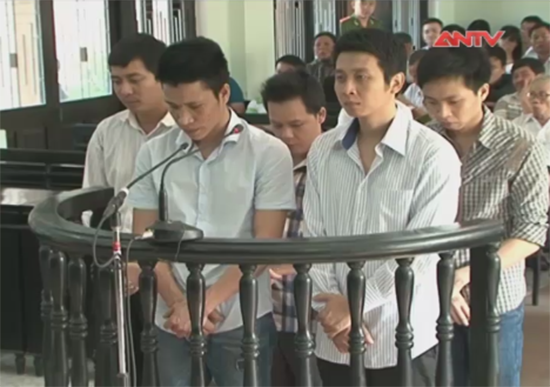
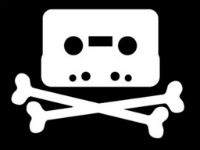 Following a series of High Court orders six UK ISPs are required to block subscriber access to many of the largest pirate sites.
Following a series of High Court orders six UK ISPs are required to block subscriber access to many of the largest pirate sites.
 Following intense pressure from the Australian government, ISPs were warned that they had to come up with a solution to online piracy or face a legislative response.
Following intense pressure from the Australian government, ISPs were warned that they had to come up with a solution to online piracy or face a legislative response.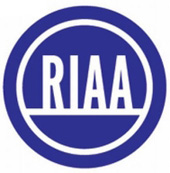 It would be fair to say that the relationship between the world’s major recording labels and streaming music service Grooveshark is a rocky one at best.
It would be fair to say that the relationship between the world’s major recording labels and streaming music service Grooveshark is a rocky one at best. While the labels have always complained about Grooveshark to Google, the big question is why the game is being stepped up now. Both the RIAA and Grooveshark tend to remain tight-lipped on such matters, but in recent times Google’s transparency report has become a convenient barometer for rightsholders to illustrate how ‘infringing’ any particular site is.
While the labels have always complained about Grooveshark to Google, the big question is why the game is being stepped up now. Both the RIAA and Grooveshark tend to remain tight-lipped on such matters, but in recent times Google’s transparency report has become a convenient barometer for rightsholders to illustrate how ‘infringing’ any particular site is.